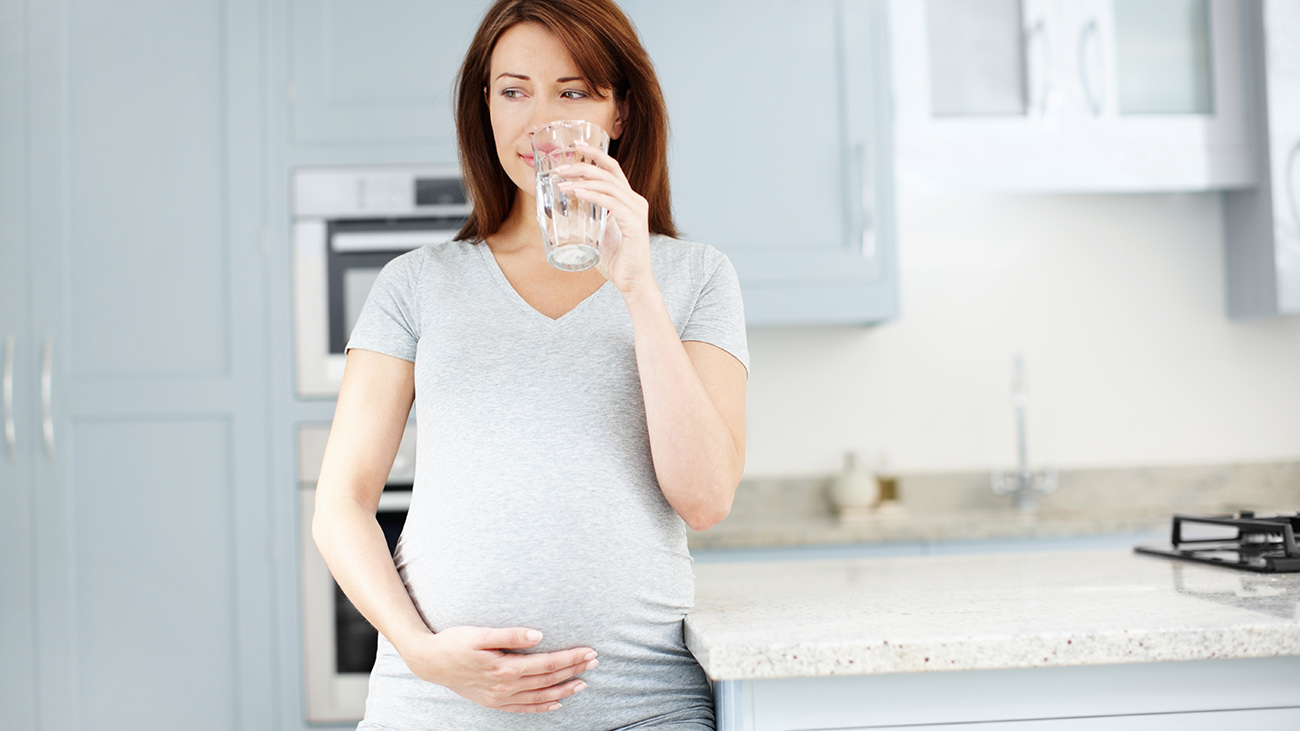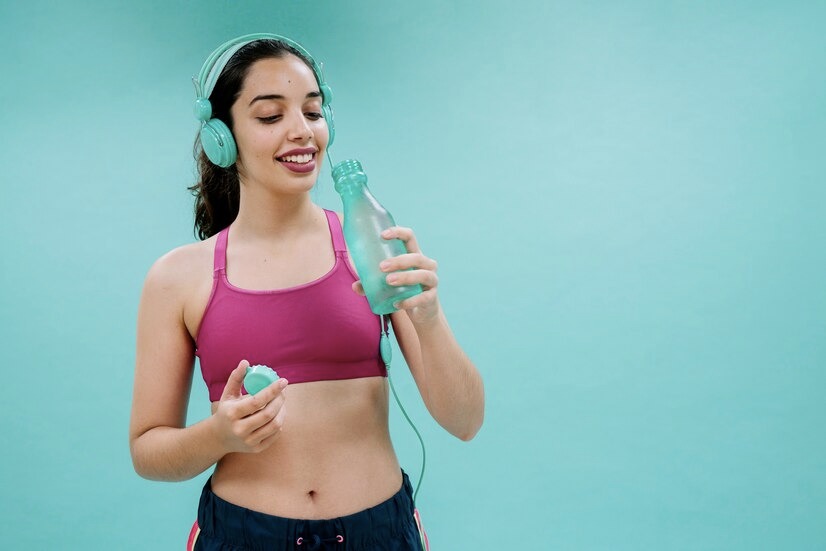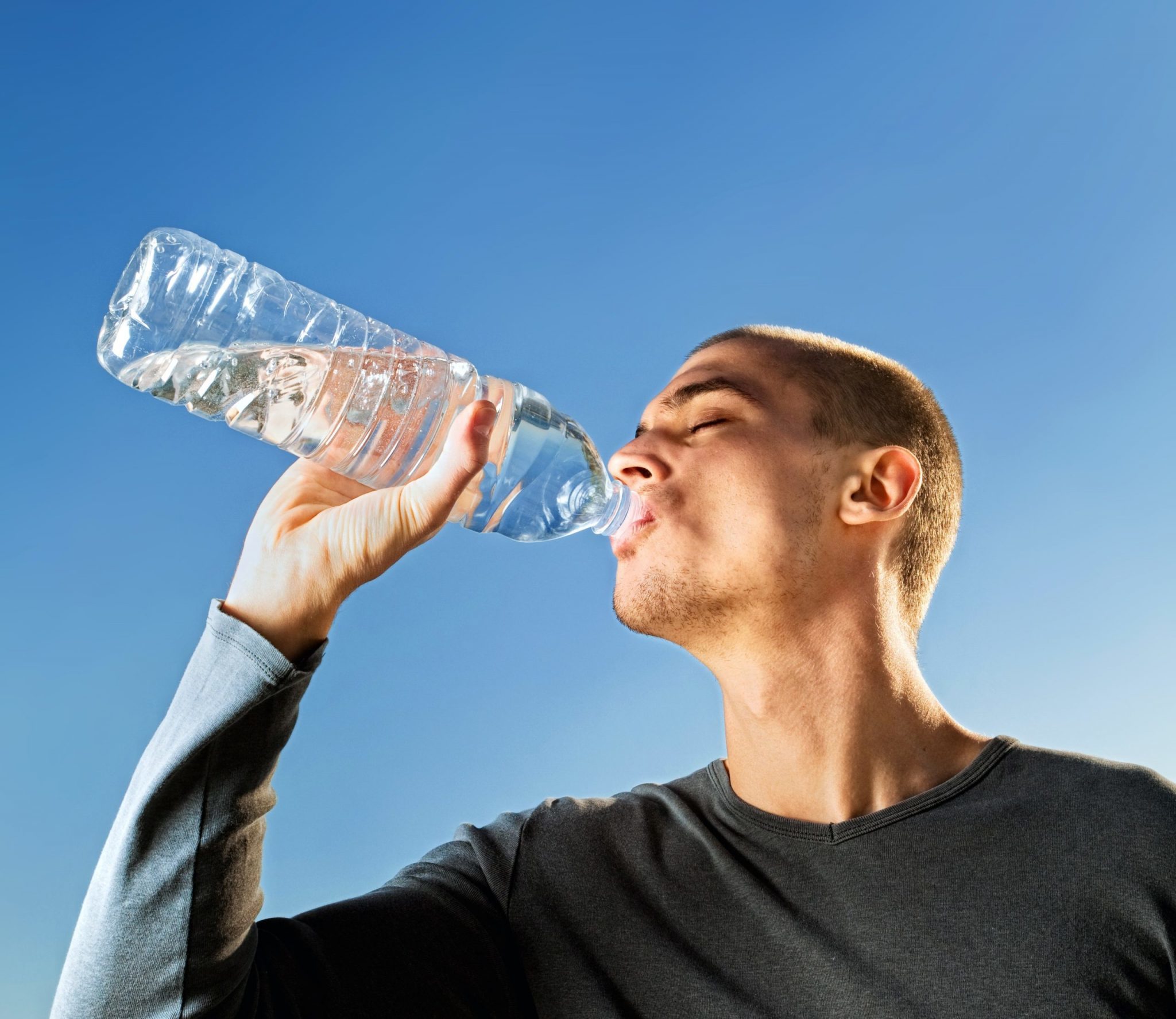The foods you eat during pregnancy help build your baby – but so, too, does what you drink. Your water needs to increase to support your pregnancy and your baby, which makes it important to stay hydrated. Here’s how to ensure you drink enough water throughout pregnancy.
Health benefits of drinking water
Sipping on water may be one of the simplest steps you can take toward a healthy pregnancy. That’s because staying hydrated offers many health benefits. Drinking water:
Supports your body. Somewhere around three-quarters of your body is made up of water – which helps to support digestion, regulate your body temperature, and create hormones, among many other essential functions.
Supports your pregnancy. Your body needs more water during pregnancy for a number of reasons, including your increased metabolism (which requires water to hum along) and a significantly higher blood volume (which supplies your baby with the oxygen and nutrients he needs to grow).
Reduces swelling. If your feet and ankles are swollen, drinking more water can actually help. In fact, fluid retention can result from not drinking enough, because your body hangs on to more fluid if it senses it’s becoming dehydrated. (If swelling is excessive or comes on suddenly, especially in your hands, legs, or face, contact your caregiver, as this can be a sign of preeclampsia.)
Keeps you regular. Fluids also help prevent common pregnancy problems such as constipation and hemorrhoids by keeping your bowels moving and your stools soft.
Lowers the risk of UTIs. Drinking water dilutes your urine and causes you to flush out bacteria as you pee more often, which reduces your risk of the urinary tract and bladder infections.
How much water to drink while pregnant
The American College of Obstetricians and Gynecologists (ACOG) and the Institute of Medicine recommend that pregnant women drink on average about 10 8-ounce cups of water or other beverages each day, although this target isn’t an exact science.
Your needs may vary based on your activity levels, your size, and the weather. For example, you’re likely to need more fluid than usual when it’s hot outside or if you’re exercising.
The best way to tell if you’re getting enough water: Your urine should look pale yellow or colorless, and you should feel thirsty only occasionally.
Plain water is the ideal beverage, but milk, juice, coffee, and tea are all hydrating and count toward your fluid intake. Fruits and vegetables with high water content – like watermelon, cucumber, and even iceberg lettuce – also support your overall water intake.
Keep in mind that juice is full of sugar and extra calories, so you don’t want to rely on it too much. Also limit caffeine in coffee, tea, and sodas. ACOG advises pregnant women to get no more than 200 milligrams of caffeine (or about one 12-ounce cup of coffee) per day.



Recent Comments